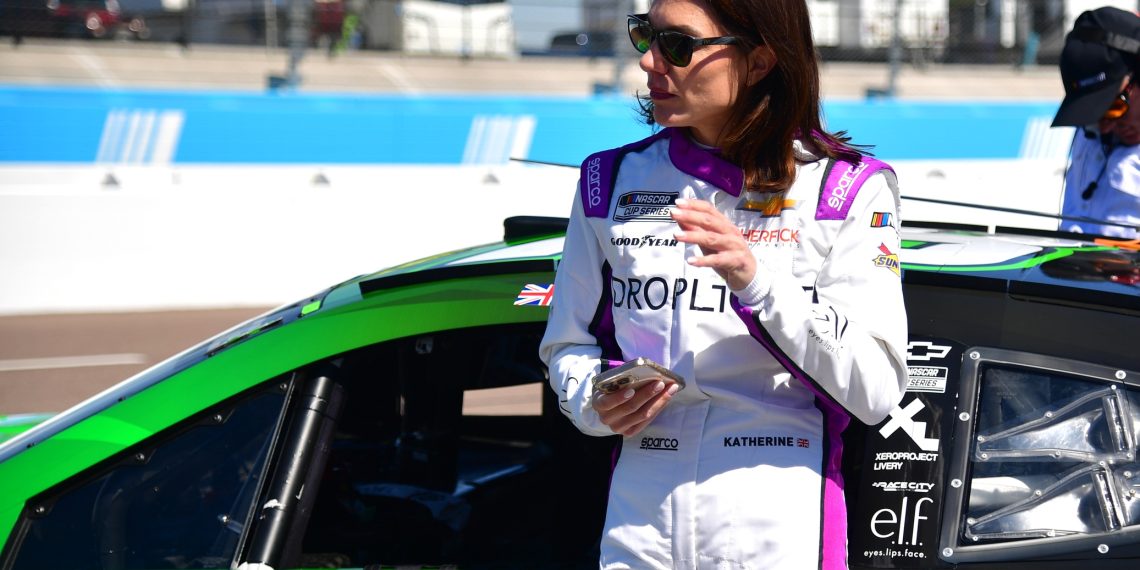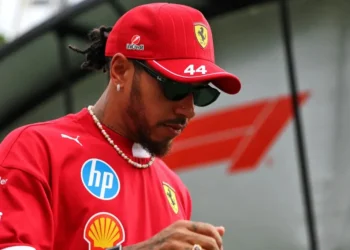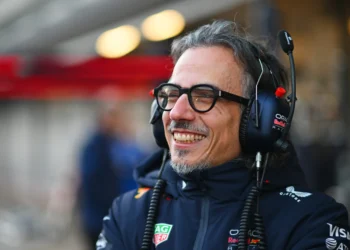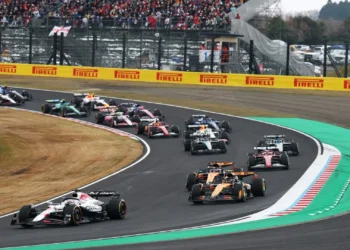Is NASCAR’s Integrity at Stake? The Corrupt Reign of Pay Drivers Threatens the Sport’s Future
As the NASCAR scene at Rockingham Speedway unfolded, Katherine Legge’s return was overshadowed by controversy. Despite her evident skill, Legge was sidelined due to a flawed system that prioritizes money over merit. Desperate for a chance, Legge resorted to acquiring J.J. Yeley’s ride, only to face a premature end to her race after a collision. Her plight sheds light on a concerning truth: in NASCAR, financial backing often trumps raw talent.
The infiltration of pay drivers in NASCAR has transformed the sport’s landscape, where sponsorship deals dictate seat assignments more than racing prowess. Mediocre drivers with hefty financial support leapfrog over deserving talents, undermining the essence of competition. The likes of Riley Herbst, propped up by sponsorship despite lackluster results, highlight the skewed priorities within the racing realm.
The alarming consequences of this pay-to-play culture are evident on the track, with inexperienced drivers causing chaos and established racers dominating races. Denny Hamlin’s candid admission that Xfinity is overrun by pay drivers further emphasizes the detrimental impact of this trend. The repercussions extend beyond the racing realm, tarnishing the sport’s integrity and alienating fans who yearn for authentic, hard-earned victories.
Moreover, the prevalence of pay drivers is not just a driver issue but a systemic problem that jeopardizes the sport’s sustainability. As big-name drivers struggle to secure long-term sponsorships, smaller teams are forced to rely on pay drivers to stay afloat, perpetuating a cycle of underperformance and missed opportunities for genuine talents. The sport’s credibility hangs in the balance as sponsors dwindle, and once-thriving teams face financial uncertainty.
While NASCAR grapples with this crisis, the future remains uncertain. The dichotomy between skill and sponsorship threatens to erode the sport’s essence, driving away fans and perpetuating a culture of predictability. Unless NASCAR prioritizes talent over financial backing, the sport risks losing its soul to a wave of bought opportunities.
The incursion of pay drivers in NASCAR is not just a passing phase but a looming threat to the sport’s legacy. As the debate rages on, the fate of NASCAR hangs in the balance, with the need for a paradigm shift towards meritocracy becoming increasingly urgent. Only time will tell if NASCAR can reclaim its integrity and restore the thrill of genuine competition to its tracks.










